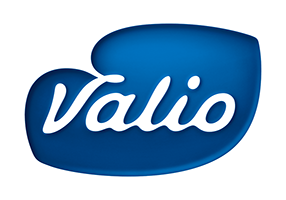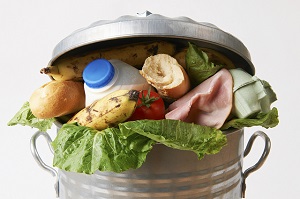Consumers have a growing awareness of food waste concerns yet lack the know-how and motivation to change food related behaviors that can make a real impact in reducing food waste, shopping, preparation and repurpose of ingredients. It has been estimated in the literature that 50-95% of daily life behaviours are habits, performed relatively automatically with little thought or regard to current goals or intentions. In order to change behaviours in the long term it is essential to create new habits and break old habits.
Currently consumers don’t receive support and ideas how to easily engage themselves in new food waste reducing actions. Cook Clever is a gamified solution that aims to provide consumers with knowledge and motivation to change crucial food waste habits at home. The solution will not only provide useful tips and advice on how to better plan, cook or repurpose food ingredients but will also provide the opportunity for consumers to set habit goals, win points for good habits and compete with peers in Cook Clever challenges to win prizes.
The Cook Clever solution will add fun and competition to everyday habits that will not only help consumers live more sustainability but also take a step closer to a more sustainable food system. The solution will heavily rely on people’s need to experience competence, relatedness and autonomy.
Project Leadership: Anu Siesto, VTT
Contact details: anu.seisto@vtt.fi
Participating organisations:






